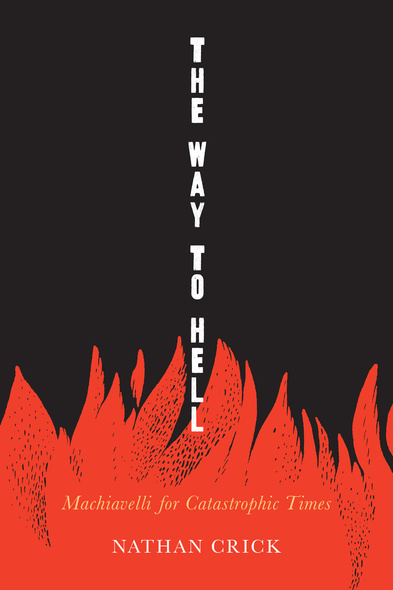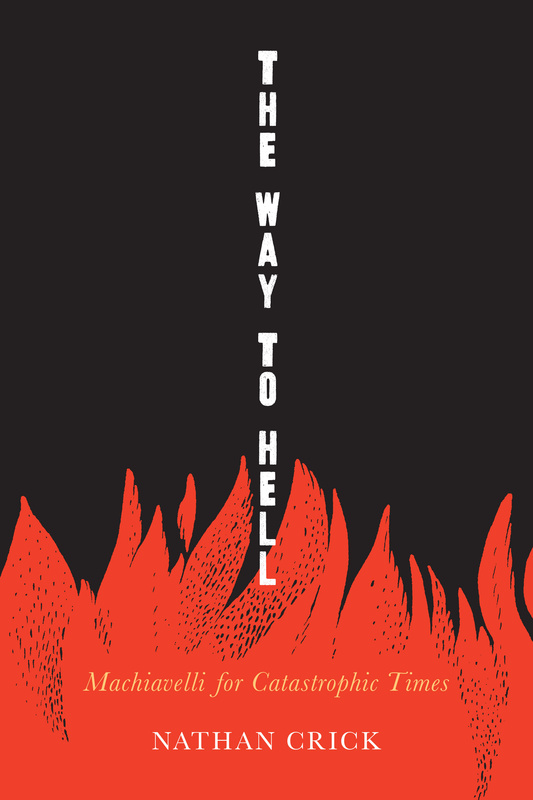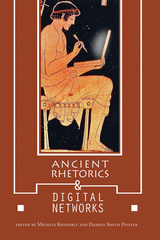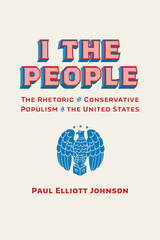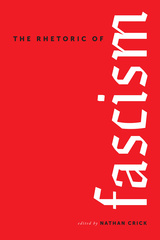An incisive and erudite survey of Machiavelli, the catastrophes of his times and ours, and his counsel for responding to an era of constant crises
Catastrophe looms. Political, environmental, epidemic, and military crises arrive with increasing frequency. In The Way to Hell, Nathan Crick argues that our perilous times call for the strongest medicine in the Western canon: Machiavelli. Crick reminds contemporary readers about the Florentine master’s advice—that one must learn the road to Hell precisely to avoid taking it.Like a knowledgeable friend, Crick offers contemporary readers a guide to Machiavelli’s world, work, and warnings. He takes in the sweep of Western history, comparing Machiavelli’s work with ancient sources such as Cicero and Thucydides. And as Machiavelli has never stopped provoking comment, Crick treats readers to a feast of responses to Machiavelli’s work—caustic, learned, and humorous—in the five centuries since he lived.
Including both Machiavelli’s best-known works, The Prince and Discourses on Livy, as well as his personal correspondence and comic plays, Crick asks anew the questions that bedeviled Machiavelli’s beloved Florentine republic: When is force necessary? When are lies justified? Is cruelty defensible? When does social protest slip into violent revolution? What is the correct response to catastrophe?
Like Machiavelli himself, The Way to Hell is witty, stimulating, and challenging. In a world seemingly on the road to Hell, Machiavelli offers an alternative route. His bracing vision exhorts readers to see the dangers in their path and to take action with vigor and determination. Far from a vision of cynicism, Machiavelli offers a beacon of hope for a world that seems on the brink.
Nathan Crick’s The Way to Hell is a lively study of Machiavelli. Crick offers an approach to reading Machiavelli, including some of his most problematic passages, that offers readers a set of reading strategies that help illuminate a Machiavelli who is both humanistic and humane even as he remains problematically pragmatic and realistic.’ —Ned O’Gorman, author of Politics for Everybody: Reading Hannah Arendt in Uncertain Times
Acknowledgments
Chapter 1. Why We Cannot Quit Machiavelli
Chapter 2. How Catastrophe Forces Tragic Choices upon Us
Chapter 3. On the Vices of Humans and the Virtues of the Beasts
Chapter 4. How Cruelty Makes and Then Unmakes Tyrants
Chapter 5. Why Love Is the Foundation of Republics and Hatred Their Ruin
Chapter 6. When Tumults Can Serve the Health of the State
Chapter 7. On Revolution
Chapter 8. On the Comic Nature of Republican Power
Chapter 9. How Politics Requires the Propaganda of Appearances
Chapter 10. Why Catastrophe Demands Good Leaders but Often Empowers Bad Ones
Chapter 11. An Exhortation to Resist the Coming Barbarism
Notes
Works Cited
Index

